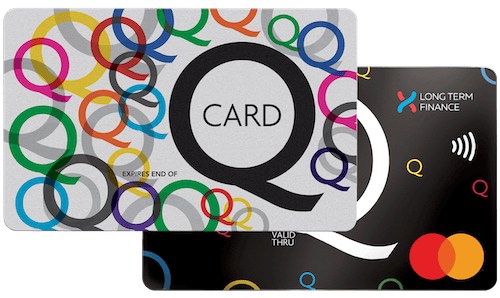If you own or are considering a heat pump, you’ve likely asked yourself, “How much power does a heat pump use?” The short answer is: not as much as most other heating systems. The long answer depends on your model, how you use it, and how well your home holds in heat or cool air. Let’s break down the numbers and see how you can get the most from your investment.
Typical Energy Consumption by Model
In New Zealand homes, most residential heat pumps consume 1-2 kWh of electricity per hour at full heating capacity. Smaller bedroom-sized units sit closer to 1 kWh, while larger lounge or open-plan units can be nearer 2 kWh.
At a typical electricity rate of 30 cents per kWh, that works out to roughly 30-60 cents per hour of heating. Running a medium-sized lounge unit for six hours a day in winter will cost between $54 and $108 per month.
For comparison, many traditional electric heaters cost three to four times more to heat the same space. You can explore this in more detail in our guide on rising electricity costs and how to beat them.
Heating vs Cooling Power Usage
Heat pumps use slightly more energy for heating than cooling. This is because heating in winter requires the unit to extract warmth from cold outdoor air, which takes more effort than removing heat in summer.
The good news is that even in winter, modern heat pumps are incredibly efficient – often producing three to four times more heat energy than the electricity they consume. Cooling is generally 20-30% cheaper to run, especially in well-insulated homes.
How to Read Your Power Bill
Understanding your power bill helps track your usage and spot savings opportunities:
- Check your total kWh used – this is the unit your power company bills you for.
- Compare seasons – see how your heating and cooling habits change your bill.
- Note peak vs off-peak rates – using your heat pump during off-peak hours (if available) can lower costs.
If your bills seem high despite having a heat pump, it could be due to blocked filters, inefficient operation, or an undersized unit. Our maintenance services can help.
Reducing Energy Usage Without Losing Comfort
With the right habits, you can reduce running costs without sacrificing warmth or cool air:
- Set efficient temperatures – Aim for 18-20°C in winter and 22-24°C in summer.
- Use the timer – Warm or cool the room before you need it, rather than running the unit all day.
- Close curtains and doors – Keep the heated or cooled air where you need it.
- Clean your filters – Every 1-3 months for optimal airflow and performance.
- Book an annual service – A professional clean ensures your heat pump stays efficient.
For more tips, see our year-round energy-saving guide and heat pump advantages.
Trust the Experts
A well-sized, efficient heat pump can heat or cool your home for just a few dollars a day. By choosing a quality model, using it wisely, and keeping it well maintained, you can stay comfortable year-round without worrying about bill shock.
Save power with the right size and model – Albany Heat Pumps only recommends units tested locally for performance and reliability.


